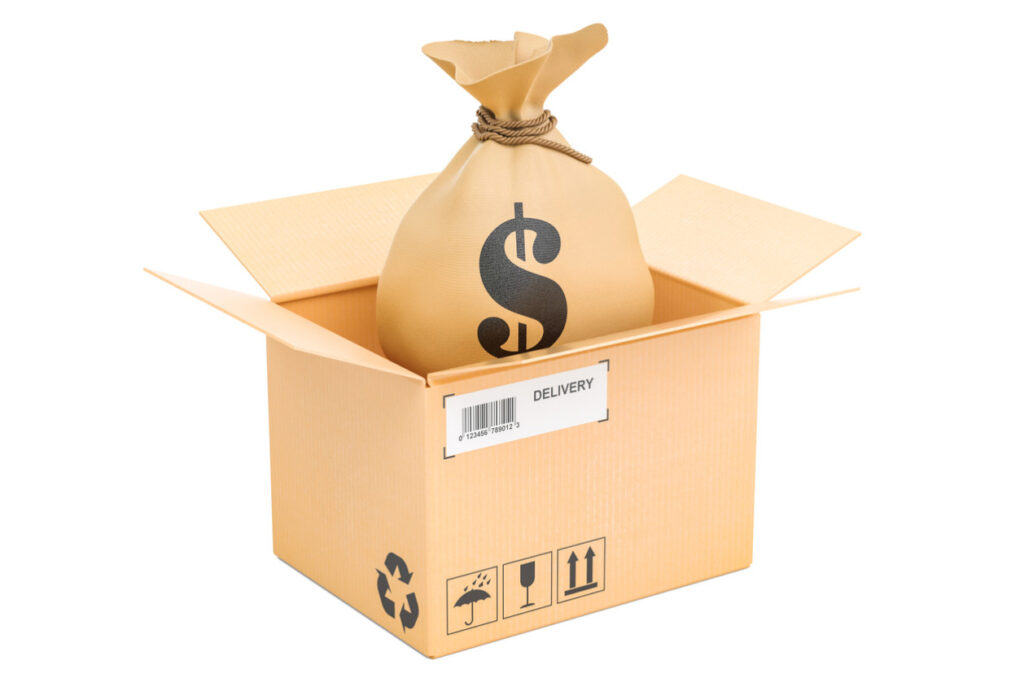Some people don’t carry checkbooks, but certain services still require a bank-verified payment making cash or debit cards fruitless. In this case, a money order can help. Read this guide to learn about money orders and if they have an expiration date.
What is a Money Order?
A money order is a piece of paper used as permanent. Like a personal check, money orders are a safe, reliable way to send money. They are less likely to bounce, unlike checks, and have various uses. You can use them for rent payments, utility payments, or personal gifts.
To file a money order, use cash or a debit card with your name and address as well as the recipient’s name and address. You can send money orders through the mail or in-person from your bank account.

Do Money Orders Expire?
The main question is: do money orders have a lifespan? In short, money orders never expire or accrue interest. Money orders send the exact amount of their purchase price. For example, if you’re sending a money order as a gift equal to $50, the recipient will receive that amount.
Some money orders have terms and conditions in which you must send it within one to three years of purchase. If you fail to oblige to these terms and conditions, you risk paying a non-refundable service charge deducted from the principal amount.
Visit WSCE for Fast Money Orders!
Fortunately, if you need a fast, hassle-free money order, visit West Suburban Currency Exchanges. We have over 26 locations downtown and across the suburbs. We make the process easy, quick, and secure, all for your convenience.


